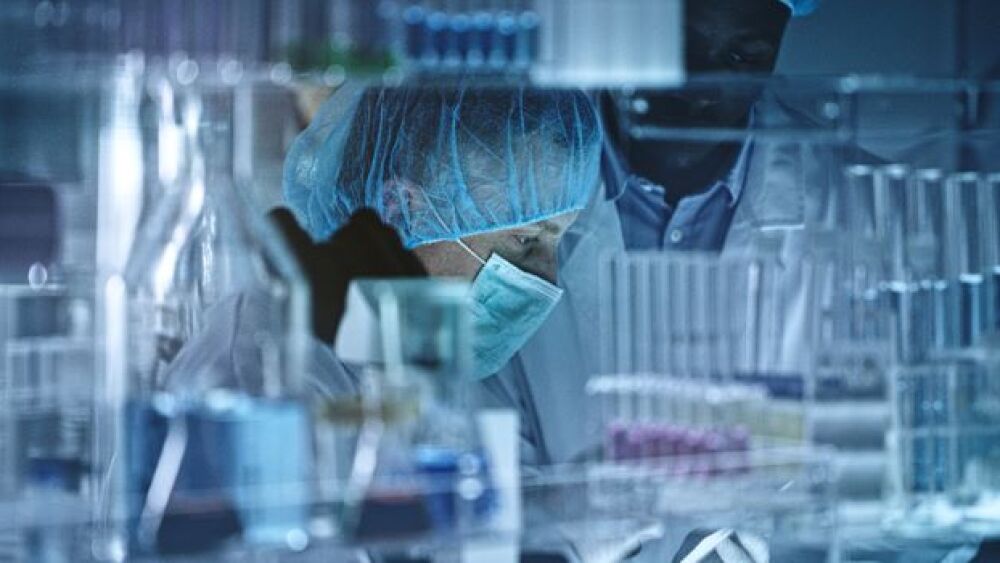New research from the Allen Institute for Immunology in Seattle has identified inflammatory proteins as a potential driver of the long COVID.
According to the U.S. Government Accountability Office, anywhere between 7.7 and 23 million people have developed long COVID following a COVID-19 infection. As those numbers grow, researchers have been investigating the potential drivers of the condition.
One study of Chinese patients who had been discharged from a hospital in early 2020 showed that half of the patients still had at least one symptom of COVID-19 a year later, and although 90% of those studied were able to return to work within two years, researchers reported that they had remarkably lower health status than the general population. In April, COVID-19 researcher and immunobiologist Akiko Iwasaki, Ph.D., reported that there are over 200 symptoms of long COVID which include fatigue, shortness of breath, cognitive impairment and gastrointestinal symptoms.
With such a vast spectrum of symptomology and reports of lower health status, researchers are hypothesizing what mechanisms could drive such bodily responses from patients. New research from the Allen Institute for Immunology in Seattle has identified inflammatory proteins as a potential driver of the condition.
The study, which has not yet been peer-reviewed, followed 55 patients who had long COVID or post-acute sequelae of SARS-CoV-2 (PASC) in an attempt to molecularly define the condition. The research team, led by Troy Torgerson, M.D., Ph.D., collected symptom information from each participant and blood samples to process serum samples.
After processing the serum samples, the team identified subsets of PASC with distinct signatures of persistent inflammation which was determined by investigating the inflammatory proteins present in patients. More than half the patients studied had a signature of persistent inflammation while others did not. The results of the study could be potentially used to identify long COVID patients with the persistent inflammatory disease who could benefit from existing anti-inflammatory or immunosuppressive therapies.
The study also contributes to understanding why patients with long COVID have such variable outcomes, which is useful in defining clinically what long COVID is. Iwasaki reported that there is no universal clinical case definition for long COVID, making it difficult for both patients and physicians to diagnose the condition.
Other researchers also believe that inflammation and inflammatory protein production are drivers of long COVID, although some hypothesize that the mechanism could be autoimmune in nature. In September 2021, researchers at Stanford University found that of participants studied, about half of the people who had been hospitalized for severe COVID-19 had at least one type of autoantibody circulating in their bloodstream. Autoantibodies are responsible for the immune system mistakenly attacking healthy tissues in the body.
It may be that the inflammation caused by COVID-19 could prompt the body to produce autoantibodies because antibodies produced against the infection may resemble human proteins that the body does not recognize or that excessive inflammation from the disease causes low levels of already existing autoantibodies to ramp up in production.
Researchers from Cedars-Sinai confirmed these findings not only in patients with severe COVID-19 infection, but those with mild and asymptomatic infections as well as the persistence of autoantibodies over time, well after the infection has cleared. The team found autoantibody activity in all 177 patients recruited who had previously been infected with COVID-19, the levels of which are typically linked to chronic inflammation and injury to organ systems.





